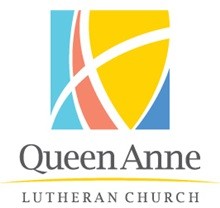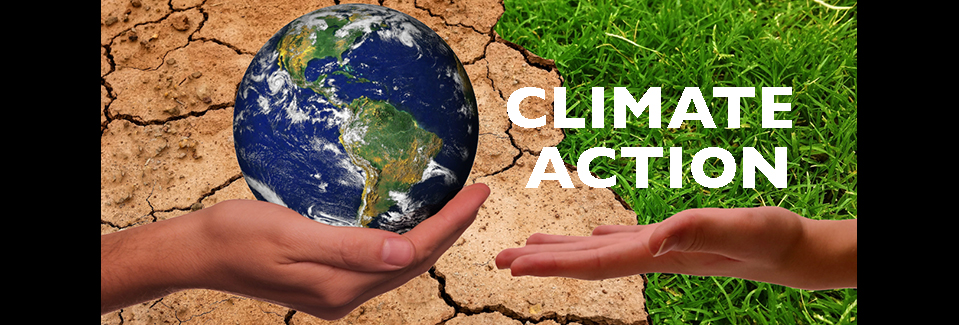Wider Circles in Our Lutheran Community Promote Climate Consciousness
Until now, our articles have focused on what we as individuals can do to address climate change and climate justice. This month, I’d like to talk about some of the things the ELCA, the Northwest Washington Synod, and Queen Anne Lutheran are doing to promote climate consciousness.
The ELCA website has a myriad of climate resources available for congregations and members – just enter “climate” in the “Search ELCA” box on the home page to start looking. The entry that caught my eye is the Social Statement Caring for Creation that the ELCA Churchwide Assembly adopted in 1993. I’m proud to be part of a denomination that has been advocating for creation justice for almost 30 years!
The ELCA also has “put their money where their mouth is” by creating Social Purpose Investment Fund A, which is available to Lutheran churches and synods. QALC moved our Endowment Fund to this fund at the end of 2019. The main reason for the move was that Fund A is an ESG-type fund (Environmental, Social, and Governance) that follows Lutheran Social Statements. The Fund’s literature states:
Fund A’s assets are selected, where feasible, in accordance with criteria of social responsibility that are consistent with the values and programs of the ELCA. In addition, Fund A seeks positive social investments that provide a proactive way to receive a return while directing capital to underserved markets, such as community development and renewable energy.
Many Lutheran colleges and universities offer programs addressing climate issues. In September, Pacific Lutheran Theological Seminary in Berkeley, Pastor Dan’s alma mater, inaugurated a new Center for Climate Justice and Faith under the direction of Dr. Cynthia Moe-Lobeda, who spoke at QALC a few years ago. The Center offers a Climate Justice and Faith Concentration in its Master of Divinity program, as well as a non-degree Certificate in Climate Justice and Faith.
The Northwest Washington Synod partners with both Earth Ministry (as does QALC) (earthministry.org) and Lutherans Restoring Creation (lutheransrestoringcreation.org), a grassroots movement of the ELCA that has existed in one form or another since 1997.
Queen Anne Lutheran: Our congregation strives to promote hope and action in the face of climate change. Here are a few examples:
We’ve adopted a Greening Congregation Statement of Intent, which can be reviewed at the top of this page.
We are working to make the church building as energy conscious as possible. The most visible example is the rain cisterns that were paid for by Seattle Public Utilities.
We present annual forums on climate issues. We’re excited that Dr. Kristi Ebi, Professor of Public Health at UW, will join us again on May 23 and June 6 to give us an “update on the Earth”, followed by a discussion on next steps on June 13. If you haven’t already, mark these dates on your calendar!
We’ve established the Environmental Stewardship and Faith Group, an ad hoc group interested in responding to the climate crisis. If you’re interested in finding out more, please contact Pastor Dan, Lisa Kjaer-Schade, Bob Whitehorn, or Susan Evans.


